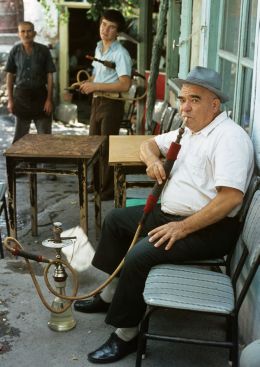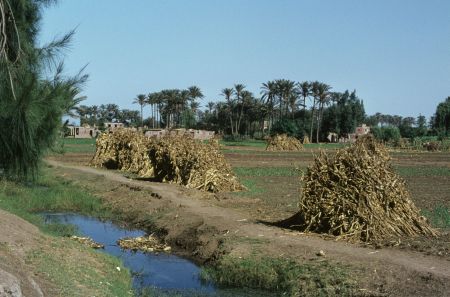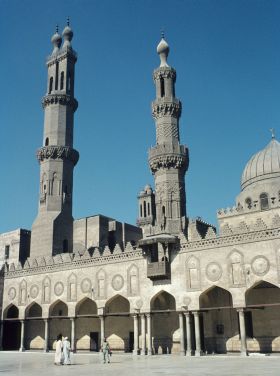| Barelds - Cycling around the world - Cycle stories - Asia, Africa, Europe, America | ||||||||||||||||||||
| home | site map | world | children | recent | cooking | dutch | german | react | ||||||||||||
Eastern Europe, Near East and Northern Africa (3).

Turkey: Smoking a water pipe is still a very social means amongst the menfolk here.
I take it that you do not go to Lebanon?" a German said, whom we met at the Turkish-Syrian border. "We go to Beirut" we said, "in order to take the boat to Egypt". "Recently there have been bombings in Lebanon," he informed us. We, devoid of the world news - we could not read the Turkeys newspapers and there were not any foreign papers - did not know this. At the Lebanon border a fat customs official was quietly unravelling his newspaper. "What about the bombs?" Henny asked. "Bombs. Well, nothing today, have a nice journey," he said indifferently.
However, we could not cycle any further here, because of the war, Lebanon, Israel, Egypt was then impossible. Via Cyprus we sailed from Beirut to Alexandria.
B
ut that is far too far and moreover, much too hot." we were told by the Egyptian Embassy, as an answer to the question whether it was allowed to cycle in Egypt. The customs officer who was quietly inspecting our bicycles said: "Of course you may cycle in Egypt." In Alexandria, where we stayed with Egyptian friends, we had to report to the police. "No, you may not cycle", they said. "Don't do it" our host said prudently. Without him we went to a different office, a higher, 3-star official: "How interesting, of course you may cycle, but don't leave the road and if you want to sleep, ask the traffic police for permission "

Egypt: Corn sheaves and small farms in the overcrowded , fertile Nile delta.
We sat indecisive on the porch of our host chewing dates and as usual there were many visitors and there was much chatter. Dutch coziness was nothing compared to this. "Ah, just go," said Nabil our new Egyptian acquaintance, who had just come back from Eastern Germany, where he had graduated in chemistry, "it is true there are many signs along the road, saying that foreigners should not leave the road, but shut your eyes to it". Very early we left Alexandria . It was foggy in the morning dusk and we saw the date palms vaguely rising above the fog. A checkpoint. Cars were stopped, we cyclists were waved through, "Have a nice journey," the man shouted cheerfully. Nabil had estimated his customers well.

Egypt: Many minarets had at the top a kind of filigree rampart, the inner court (freely accessible, also for non-Muslims).
In a teahouse by the Nile we drank tea, the sails of the dows, which were floating along, indicated where the water was. An enormous crowd had collected, kept at a distance by the innkeeper with buckets full of water - with a grin we remembered this from India, 140 kilometres palm trees houses and people, people, people, dog-tired we turned in Tata into the city. "Can we sleep here?" we asked the first policeman we saw. He pointed in assent at a large hotel nearby. Bargaining, billeting, taking a bath, and flat - we cooked our food ourselves we thought we had everything fixed up. I was already asleep when there was a knock on the door. "You have to come to the police station", it was explained to us. We got out of the taxi in a large inner court . In the semidarkness we saw wooden doors with lattice windows and, everywhere heads and hands behind them. There was loud rattling and banging. Inside was an official behind a desk, the clerk beside him, with his pen at the ready. "Did you take any pictures?" "Yes, yes,", we prevaricated a little, "palm trees and things like that." They did not make it difficult, the clerk began to write, only the signature, when all of a sudden the official had to go. And he stayed away. "When does he come back?." "In a moment, in a moment," three hours, four hours "in a moment, in a moment". Fighting against sleep we hung on the hard benches, it was half past twelve in the night before we could go.
| Start World around | Europe - North Africa | << Previous | Next page >> | |||
| Barelds on bicycle through the world - Cycling in Asia, Europe, Africa, America | ||||||